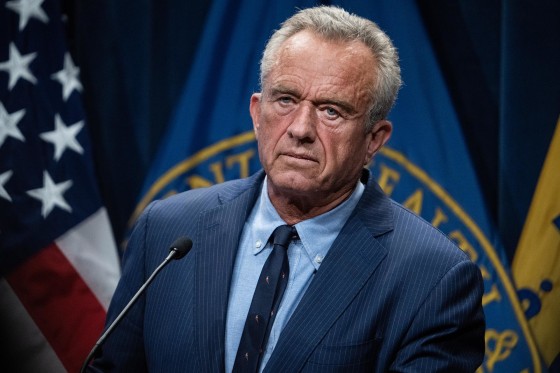Major HHS Changes: Job Cuts and Public Health Campaigns Under RFK Jr.

The Department of Health and Human Services (HHS) is undergoing significant changes in 2025, sparking widespread debate across the health sector. With job cuts, shifts in funding, and new public outreach initiatives, understanding the scope of these developments is essential for anyone affected by federal health programs. This article explores the recent staffing changes, the upcoming $20 million public health campaign, and their potential impact on health services nationwide.
RFK Jr. Leads Sweeping Changes at HHS
In a startling move, HHS began cutting jobs across its minority health offices and beyond. According to CNBC's recent report, most of the eight minority health offices at HHS lost a majority—or even all—of their workforce. These reductions are part of a broader effort to restructure the department, led by HHS Secretary Robert F. Kennedy Jr.
Kennedy's approach has drawn significant attention for its scale and potential long-term effects. While the goal is to streamline HHS and reduce costs, these cuts raise questions about the agency's ability to serve diverse communities effectively. People's access to programs that focus on minority health and prevention initiatives may be at risk during this transition.
The 'Take Back Your Health' Campaign: A New Public Health Strategy
Alongside the restructuring, Kennedy is launching a four-year public relations campaign titled "Take Back Your Health." As detailed in NBC News, this program will invest at least $20 million for outreach, including up to three ads a day across major TV networks. The campaign seeks to empower Americans to adopt healthier habits, promote exercise and clean eating, and encourage wellness at the national level.
A central aspect of this initiative is a fitness challenge, expanding the Presidential Youth Fitness Program to adults. The campaign also plans to partner with gyms, health stores, and grocery chains to encourage healthy lifestyles. However, experts warn that issues such as food deserts and socioeconomic barriers could limit the campaign's effectiveness for some communities.
Concerns and Perspectives from the Health Community
The health community's response to these changes is mixed. Leaders such as Richard Frank from the Brookings Institution's Center on Health Policy highlight that while the campaign's messaging supports positive change, broader access to healthy food and resources remains a challenge. Without targeted funding for nutrition or physical activity initiatives, some Americans may struggle to benefit fully from HHS's new direction.
For further discussion on how these federal health policy changes might affect you personally, consider reading this in-depth opinion piece.
What Comes Next for HHS?
HHS stands at a crossroads. The ongoing restructuring and investments in public health messaging may reshape how Americans access federal health services for years to come. It remains to be seen whether Kennedy's initiatives will effectively tackle chronic health problems or inadvertently leave some communities behind.
Stay informed about HHS's evolving strategies and be proactive about your health. For more, follow updates from reliable sources and stay engaged with your local health providers.